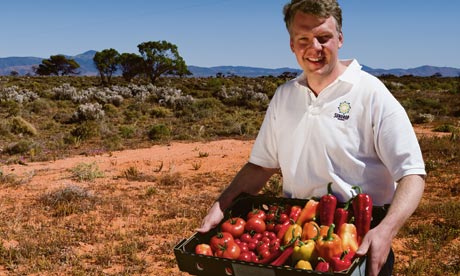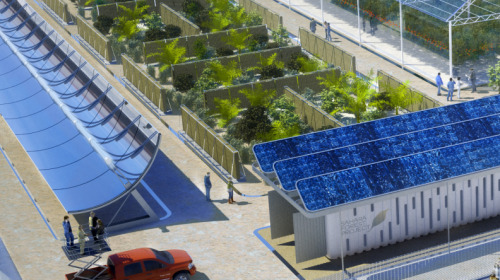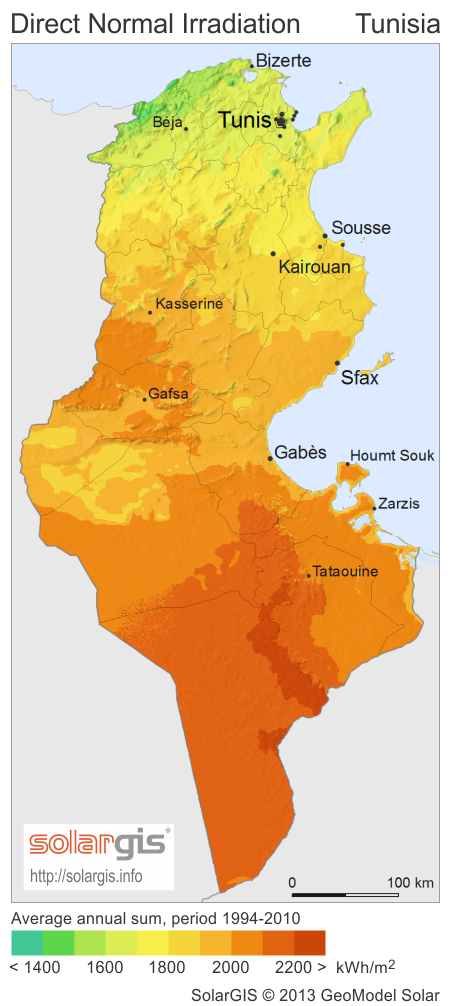One of the great methods of stifling discussion about solutions in terms of our fossil industrialized economies is to suggest that the end game means the end. Usually someone defending the position that there are not solutions will try to make the imagination stall at the point where we see a desert of cars jamming in front of exhausted gas stations, starving population due to no logistics, the pain of economic interdependence decending on the helpless people with all the wrath it was designed to have by economists.
But such a strategy is like arguing for suicide as the sun goes down. It will be a dark place soon, give up, can’t you see? The sun goes down!! It is an insult to the most basic intelligence, and it is a testament to the intellectual capture capacity of economics and it’s wardens that such bullshit flies even in the highest places. But then again, those places are high : on fossil fuels..
Today most people on earth do not really participate in an economy, not one expressed in the GDPs of our planet. That is because those people live purely of renewable resources, the land, the sun, the rain, the plants, animals, like living soul did for millenia until coal, gas and oil where discovered. It is the hight of arrogance that anyone could improve on the abundance of natural agriculture. But it seems that the salespeople of the fossil fuel industrialization had the power to seduce people, first with real improvements in products and life quality, but later with (admittedly enjoyable) ubiquitous nonsense, weakness and wrong guidance. Wrong if you want to be secure, right if you want to sell fossil fuels.
The new game is about the same wealth, actually thousands of times that wealth, to be achieved by using the technology we had the ability to develop thanks to fossil fuels. Consider the 20th century as the stepping stone to eternal health, wealth and prosperity for those around to ejoy it. Whether such Utopia will actually come to pass depends on the ability of people to grasp the new game. It seems a reasonable number of people have that ability.
We can all see parts of the new game advocated and advertised, demonstrated and offered in many ways, but not in the key way necessary for it to commence. Yes, we have solar panels, but the reward we get for it levels the value of solar electricity with that of gas generated electricity. The gas price is arbitrary. Regarding our electricity, we don’t know the value of it. We don’t know how our solar panels add to wealth, ours of other peoples. Even if it is less we are not made aware of this, we rarely think clearly about the production that provides us our wealth. Yes, we can eat organically grown food, but we all lean on a basis of highly fossil fuel intensive food production chain. Who owns land? Next to nobody. Even in your small garden you can experience that owning land means having to pay less for food. Your own vegetables are your labor plus the sun’s energy, the wind carrying the rain from the ocean or lake, the organism in the earth storing the nitrogen and many other selfish and competing participants. Where do you think the metaphors of economics come from? It is after all only a fossil fuel marketing strategy.
The new game will maximize the utility of renewable energy resouces, just like our present economy maximizes the utility of fossil fuel resources. The big difference is that we will own the renewable energy resources, or they will be owned by our communities, so we get to make credit and distribute it in a much more local economy to those that use it to produce products and services or simply consume it. We will run the bank, because we own the credit sources : the energy sources.
Will we compete globally or even as citizens of a country for these renewable energy sources? Not really, because not everyone can use them. Electricity travels only at it’s own cost. So naturally a wind turbine can best serve its direct neighborhood. In Holland one powerplant of the total of about 40 runs continuously only to cover the losses of pretending there’s no cost to transporting electricity.
Will we worry about the abundance of renewable energy? No. there is not real limit, not if you use renewable energy to produce the energy sources. You can have exponential growth of the number of solar panels, if you create a production chain driven by solar electricity. This is growth at NO cost. You can have no such growth an NO cost with the use of fossil fuels, in fact, you will have a constant battle for credit and the ongoing spectacle of creative destruction screwing the chances of ever feeling convinced solar is the way to go. We have had a demonstration of exactly that for the past 30 years. Don’t think Spain wasn’t ready for solar towers in 2001 or 1986, but it was playing its card in the old game. It is the same game that still threatens them : there’s a plan to shut down pefectly productive solar power plants so more gas is sold to gas powered powerplants so the owners of recently build gas pipelines can meet their loan payments!!
The new game will be the last game we play. Ever. It will be the ultimate game, and it will last for recorded time. When the last sentient being on earth expires, then the new game will have ended. Perhaps you need some time to let that ideas sink in. If not our generation, the next, if not the next generation, the one after that, and if not the one after the next generation one that comes later. But eventually, perhaps on a barren nearly dead planet, the people will start tapping the sun, wind and waves outside a fossil fuel economy, meaning their path to complete restoration towards a healthy prosperous and abundandly alive planet will be chosen, and some hunderds of years later nobody will know how close to extinction humanity came. It does not matter, because with the abundance of renewables you can live under a glass dome together with millions, even if it sounds rediculous there’s is enough power to do that.
So if you hear some smart person claiming renewables are to expensive, you know the deal. Yes, if you have to ask the distributors of fossil fuel whether you can use their resouces to create a competitior, diminishing their power (because you don’t need either money or fossil fuels), don’ t be surprised they will say ‘no’. But that does not mean the new game isn’t real, or that the 6500 times more wealth one can achieve based on renewables is not achievable, it’s just that the cooperation of either fossil fuel suppliers or banks will be close to zero. The best initiative is to make renewables self sustaining, and one step of the way towards such a reality is to make sure there is enough renewable energy to start with. Germany leads the way, but if one considers geothermal energy is almost everywhere (ignore the price), we can all follow. We can change the game.






